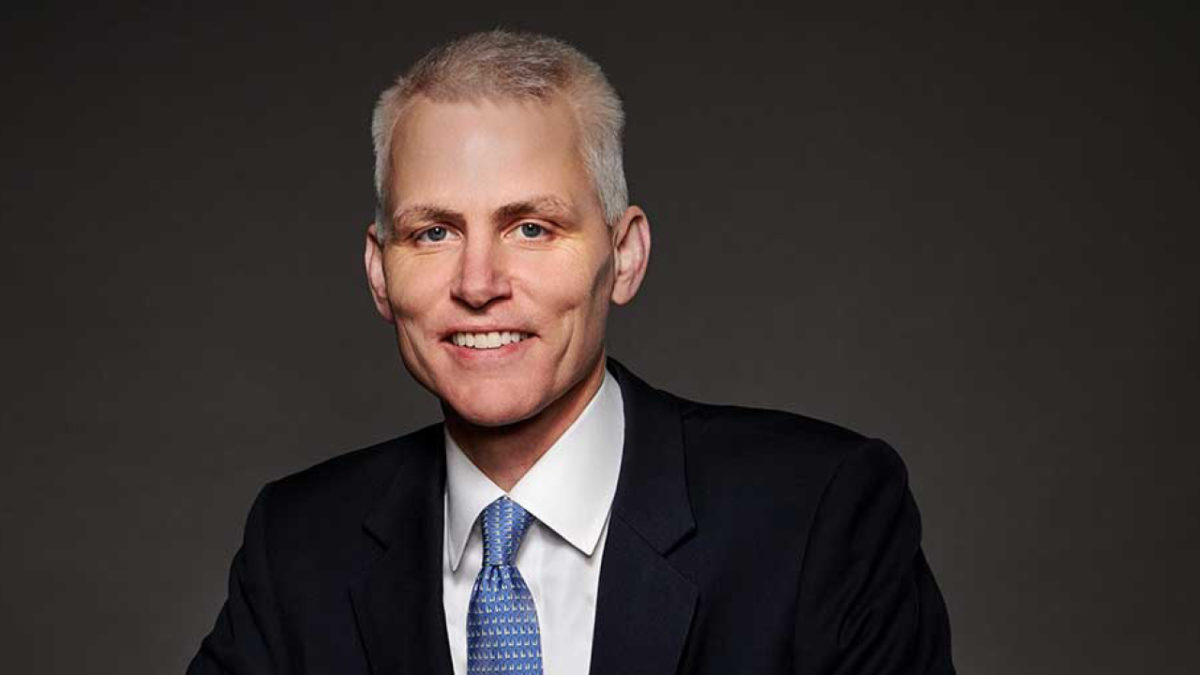Asset servicing a bright spot for Northern Trust
Custody and asset servicing outshone asset and wealth management profitability at Northern Trust globally in the December quarter, as interest income slumped 20 per cent and charges from a 500-person jobs cut program hit home.
In an earnings call with brokers last week (January 21), Mike O’Grady, Northern’s chairman and chief executive, said: “Our asset servicing business, which did see a deferral and implementation activity earlier in the year, finished 2020 with strong growth. Recent notable public wins highlight our success globally and across products and include Pershing Square Capital Management, Emerald Technology Ventures, Sands Capital Management, Strategic Global Advisors, First Sentier Investors and Westwood Holdings Group.
“We continue to invest and expand our asset servicing solutions in areas such as our front-office solutions, as well as outsource trading and foreign exchange execution. As we move forward in the current and persistent low interest rate environment, we’ve accelerated our focus on driving greater efficiencies as well as continuing to grow organically in a scalable and profitable manner.”
The First Sentier win was announced on January 5 with a review undertaken by Mitsubishi Trust, the new owner of the former Colonial First State Global Asset Management, early last year. It is for middle-office services that were previously undertaken by Colonial. Most of Colonial and parent CBA’s custody business remains with Citi.
The Australian custody and asset servicing market is becoming increasingly competitive with see-sawing rankings on the market share figures in recent years. Last year, Northern became the second-largest custodian operating in Australia, after J.P. Morgan, but more changes on the ladder are likely this year following the withdrawal of RBC from Australia.
With the Northern results, the low interest rate environment meant the group overall suffered a drop of 20 per cent in interest income, quarter on quarter, which was the prime cause of a decline in group revenue of 2 per cent. Non-interest income was up 5 per cent by comparison. Return on equity dropped from to 8.8 per cent from 10.5 per cent in the September quarter and 14.8 per cent in the fourth quarter of 2019.
On the bright side, custody and fund admin fees, in the Corporate & Institutional Services (I&CS) division, were up 6 per cent on both a year-on-year and sequential basis to US$420 million, which was primarily driven by new business and favourable currency movements. Assets under custody reached US$13.7 trillion, up 21 per cent for the year.
Investment management fees in I&CS, were also strong, up 8 per cent year on year to $125 million, as were fees in wealth management, up 11 per cent.
Group expenses were up during the quarter and over the year, exacerbated by the $U55 million in severance-related expenses and an US$11.9 million due to the early exit from some office space.











